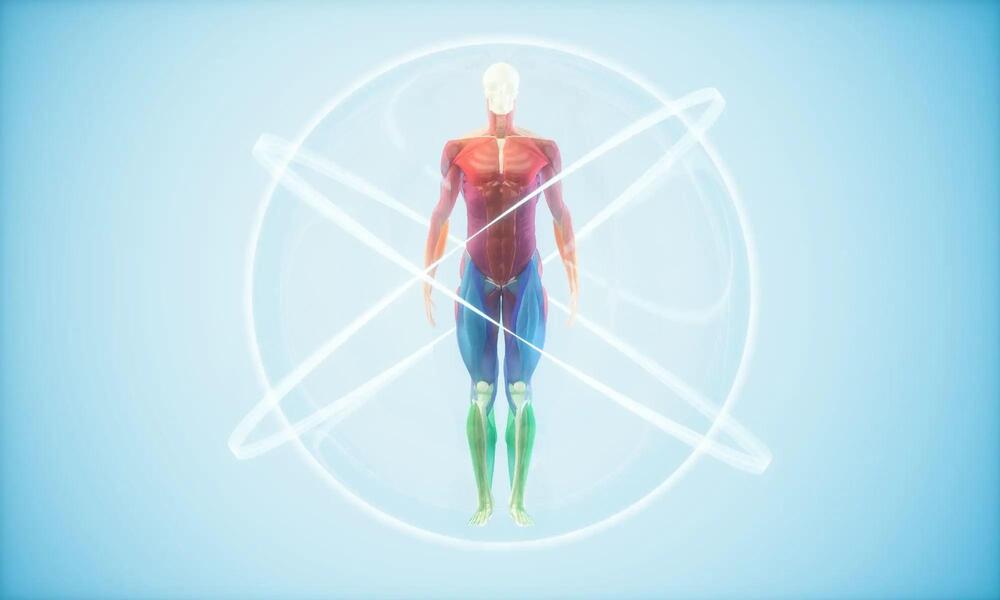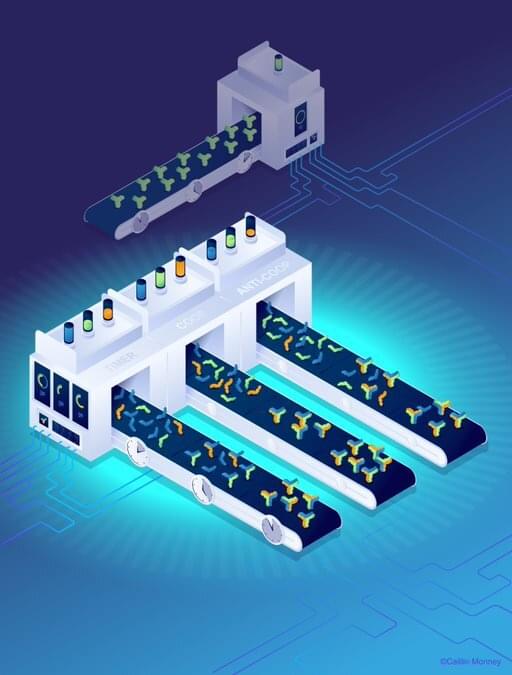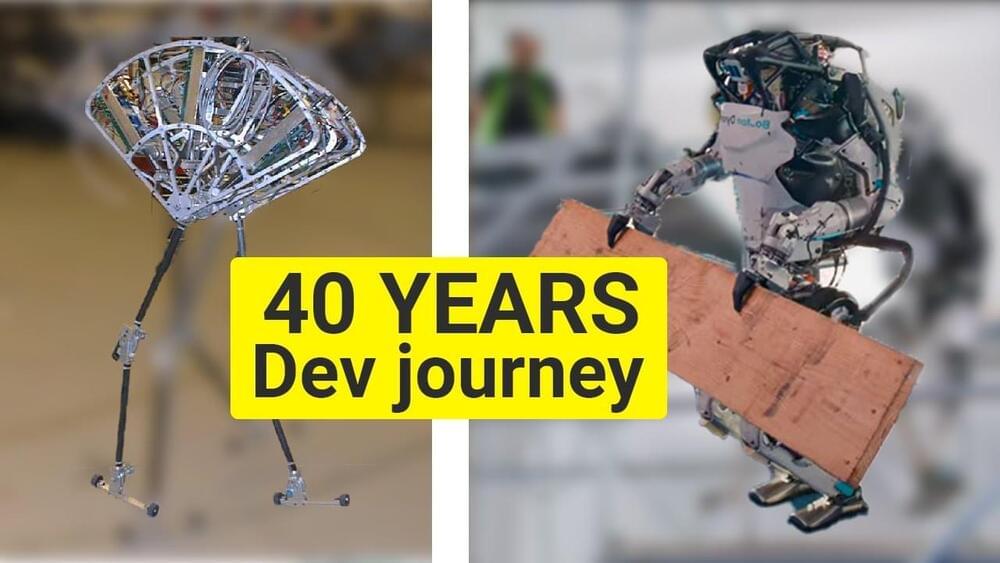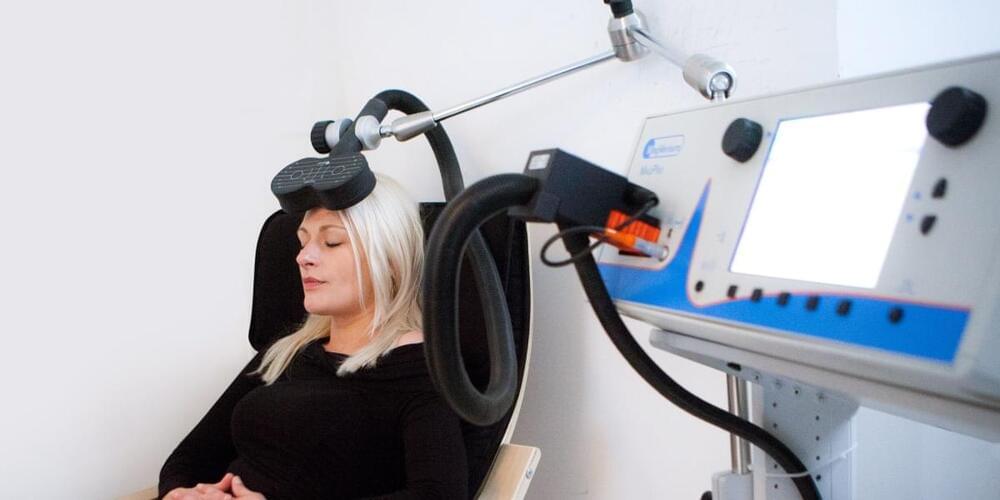
Researchers at the University of Tsukuba have discovered a connection between the risk of functional disability or death in older adults and the distance they are willing to walk or cycle to reach common destinations (such as a friend’s house or a supermarket).
As they age, physical or cognitive decline can make it difficult for some older adults to navigate their community, affecting their quality of life and becoming a burden on society. However, a recent study by researchers at the University of Tsukuba demonstrates that a willingness to travel longer distances by walking or cycling may help reduce the risk of early functional disability and mortality.
A recent study published in Health and Place presents a model linking death and functional disability rates in older adults to the distances they are willing to travel on foot or bicycle for common community trips. The research found that older adults who were only comfortable with short distances – such as 500 meters or less for walking, or 1 kilometer or less for cycling – faced higher risks of functional disability and death.


















